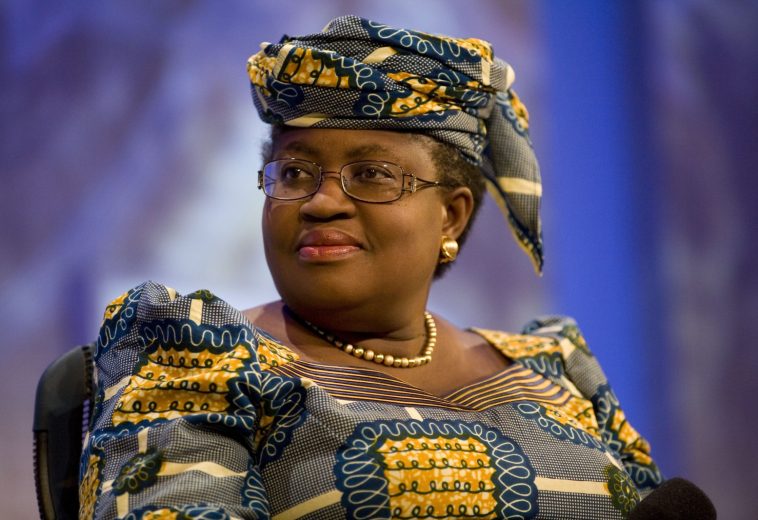In a significant move, Mali has made the decision to drop French as an official state language, marking a departure from its colonial history. This bold step was solidified by the approval of Mali’s new constitution by the constitutional court, which received an overwhelming 96.91% approval rate in a June referendum. The article reviews the recent resistance put up by some African countries in their unbalanced relationship with France.
The transformation entails making French the primary working language while formally recognising the nation’s 13 national languages. Additionally, Mali will preserve 70 local languages, including Bambara, Bobo, Dogon, and Mintaka, which were designated as national languages back in 1982.
After enduring a decade of political instability and heightened jihadist insurgencies, Mali has come under the governance of a military junta. Colonel Assimi Goita, leader of the junta, executed the implementation of the new constitution, heralding the arrival of the Fourth Republic in Mali. This move away from the French language aligns with the rising anti-French sentiments in West Africa, driven by perceptions of military and political interference.
The relationship between Paris and Bamako has been marred by allegations of military setbacks against jihadists and claims of political meddling. France concluded its nine-year military operation in Mali by withdrawing its remaining troops from the region to confront armed groups. In response, Mali’s military government mandated the suspension of all non-governmental organizations (NGOs), including those funded by France. This decision was a response to Paris’ decision to halt development aid to Bamako, stemming from concerns about Mali’s alleged collaboration with the Wagner Russian private military company.
The echoes of Mali’s actions resonated in Burkina Faso, which announced the termination of a military agreement enabling French troops to engage insurgents on its soil. The reasoning behind this move lies in the belief that the nation should be self-sufficient in defending itself. Burkina Faso faces an Islamist insurgency primarily led by affiliates of al Qaeda and the Islamic State, which have taken control of substantial territories.
French President Emmanuel Macron acknowledged the decision but stated that he awaited further clarification from Burkina Faso’s transitional president, Ibrahim Traore. Macron characterised France’s delegation of defence responsibility to Burkina Faso as a natural progression and stressed the one-month deadline in the military agreement.
The friction between France and African nations like Burkina Faso and Mali has prompted significant shifts. French troops departed from Mali as Burkina Faso and Mali both underwent transitions to military juntas, toppling traditional alliances and realigning security priorities. Macron has levelled accusations against Russia, asserting its “predatory” influence in troubled African countries. This comes as France’s influence in its former colonies wanes.
The anti-French sentiment goes beyond diplomatic circles as public sentiment in Africa shifts. The aftermath of colonial history is being revisited and contested, particularly by younger generations armed with digital access to information. Misinformation occasionally muddles this discourse, but the core criticism is aimed at France’s perceived arrogance and its historical role.
In Mali, where French soldiers struggled for nearly a decade against armed Islamist groups, France faces allegations of disrespecting the nation’s sovereignty. The sentiment is shared not only by activists but also by top officials, including the prime minister. The perception of France as a puppet master has intensified due to sanctions imposed by the Economic Community of West African States (ECOWAS), meant to pressure the junta to cede power.
In this evolving landscape, activists have emerged as influential figures. Mr. Thiam, for instance, used his social media platform to draw attention to deteriorating security conditions and organise protests. The rise of activism is accompanied by unconventional actions, such as burning the French flag and targeting French-owned businesses, reflecting a deeper resentment.
The withdrawal of French troops and the adoption of anti-France measures by African nations reflect a pivotal moment in the diplomatic relationships between these countries and their former colonial power. As perceptions evolve and new voices emerge, the dynamics in Africa’s geopolitical landscape are undergoing a profound transformation.


